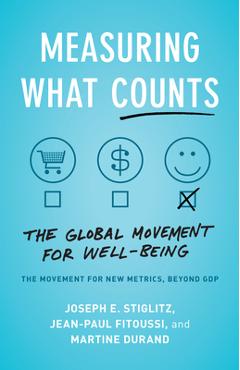Big Data and the Welfare State

Big Data and the Welfare State
A core principle of the welfare state is that everyone pays taxes or contributions in exchange for universal insurance against social risks such as sickness, old age, unemployment, and plain bad luck. This solidarity principle assumes that everyone is a member of a single national insurance pool, and it is commonly explained by poor and asymmetric information, which undermines markets and creates the perception that we are all in the same boat. Living in the midst of an information revolution, this is no longer a satisfactory approach. This book explores, theoretically and empirically, the consequences of 'big data' for the politics of social protection. Torben Iversen and Philipp Rehm argue that more and better data polarize preferences over public insurance and often segment social insurance into smaller, more homogenous, and less redistributive pools, using cases studies of health and unemployment insurance and statistical analyses of life insurance, credit markets, and public opinion.
PRP: 281.07 Lei
Acesta este Pretul Recomandat de Producator. Pretul de vanzare al produsului este afisat mai jos.
252.96Lei
252.96Lei
281.07 LeiIndisponibil
Descrierea produsului
A core principle of the welfare state is that everyone pays taxes or contributions in exchange for universal insurance against social risks such as sickness, old age, unemployment, and plain bad luck. This solidarity principle assumes that everyone is a member of a single national insurance pool, and it is commonly explained by poor and asymmetric information, which undermines markets and creates the perception that we are all in the same boat. Living in the midst of an information revolution, this is no longer a satisfactory approach. This book explores, theoretically and empirically, the consequences of 'big data' for the politics of social protection. Torben Iversen and Philipp Rehm argue that more and better data polarize preferences over public insurance and often segment social insurance into smaller, more homogenous, and less redistributive pools, using cases studies of health and unemployment insurance and statistical analyses of life insurance, credit markets, and public opinion.
Detaliile produsului





























